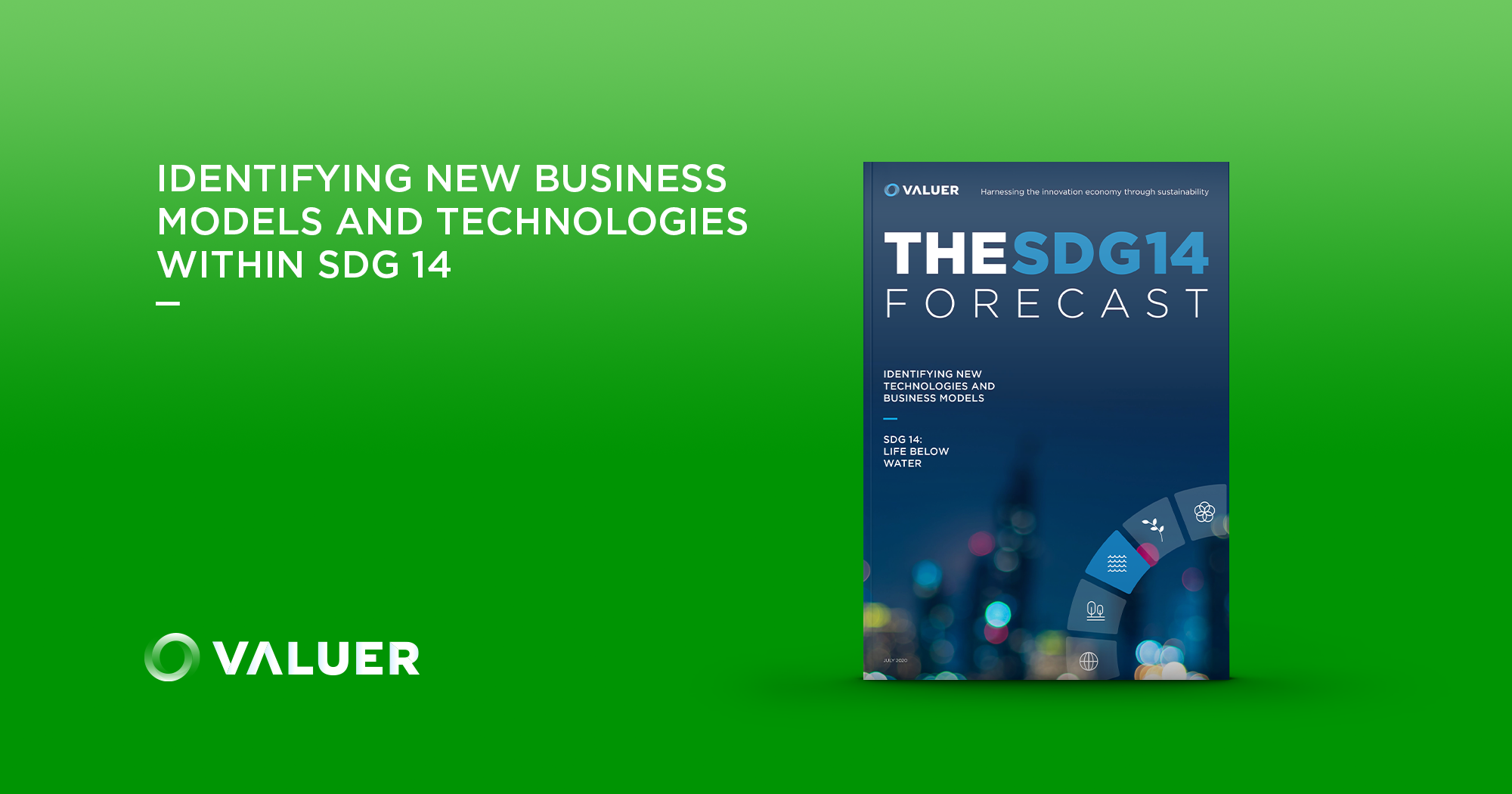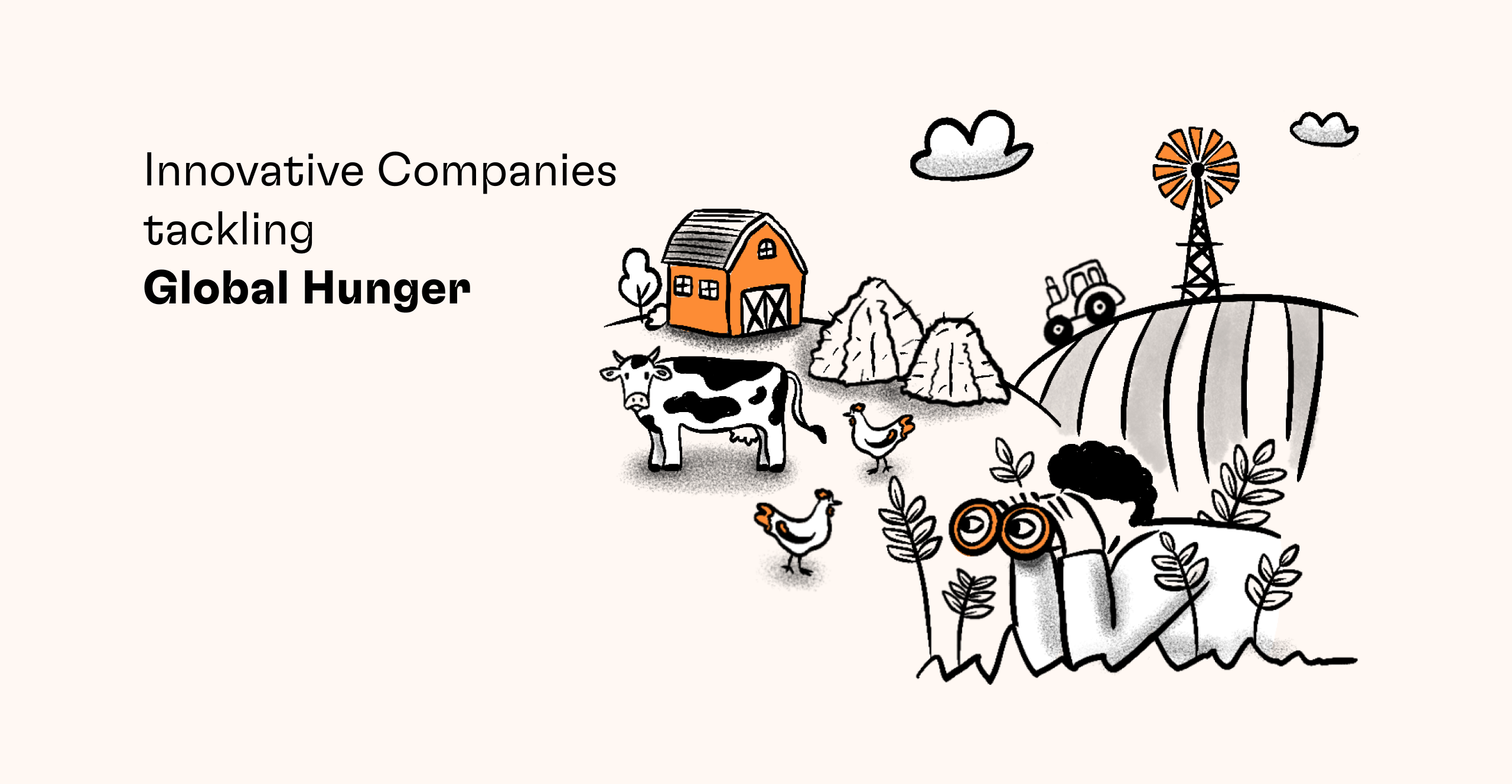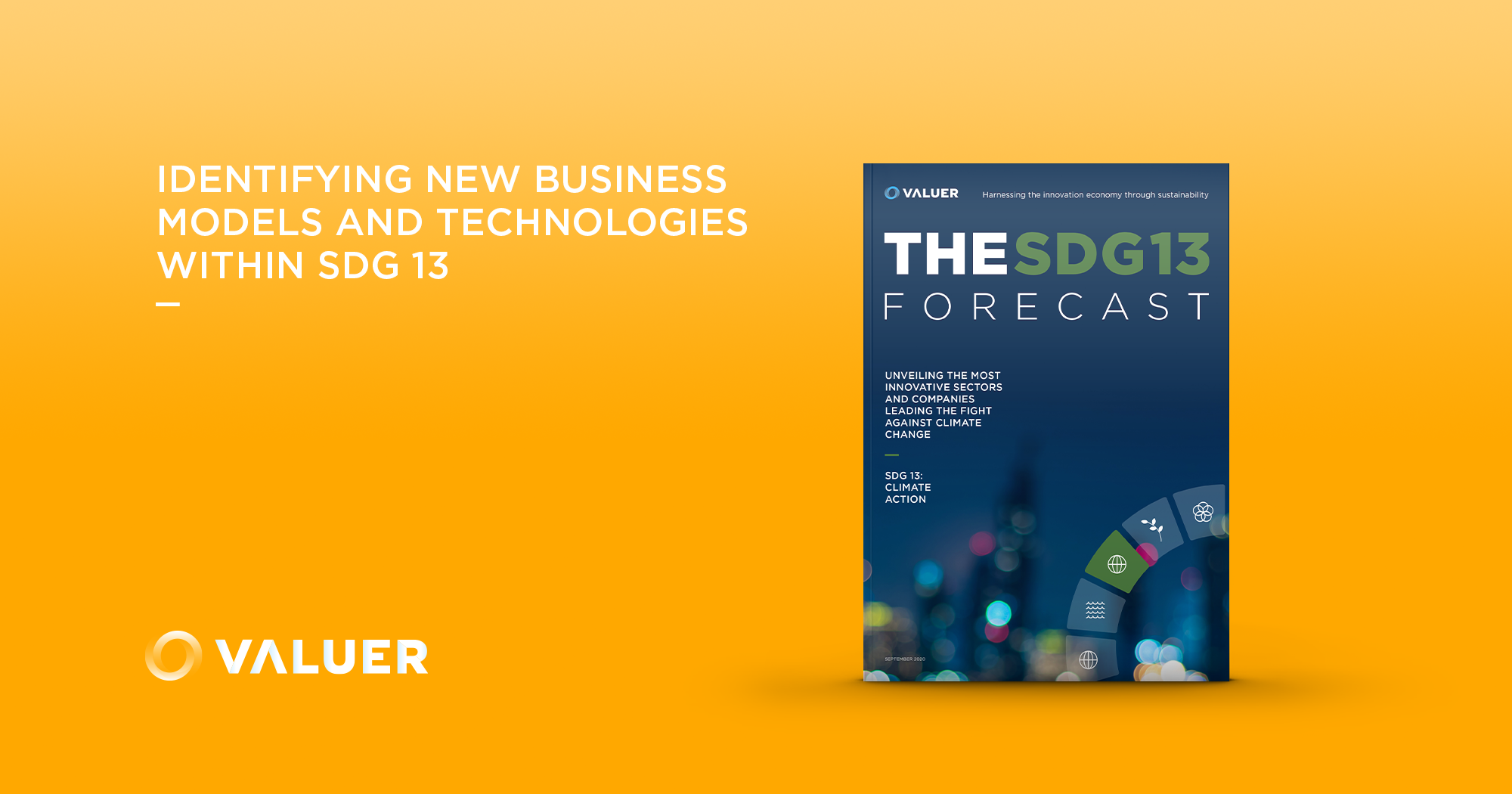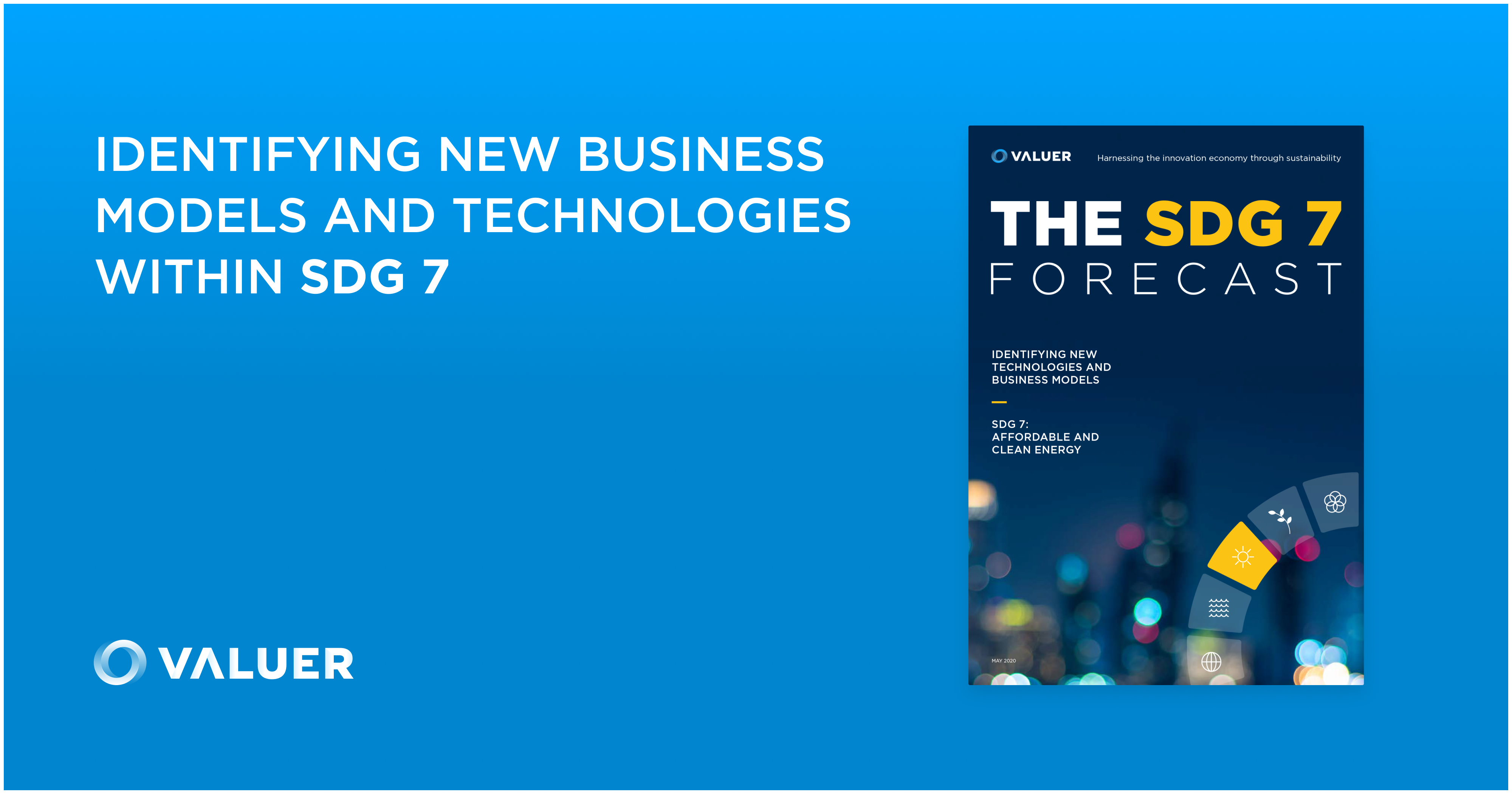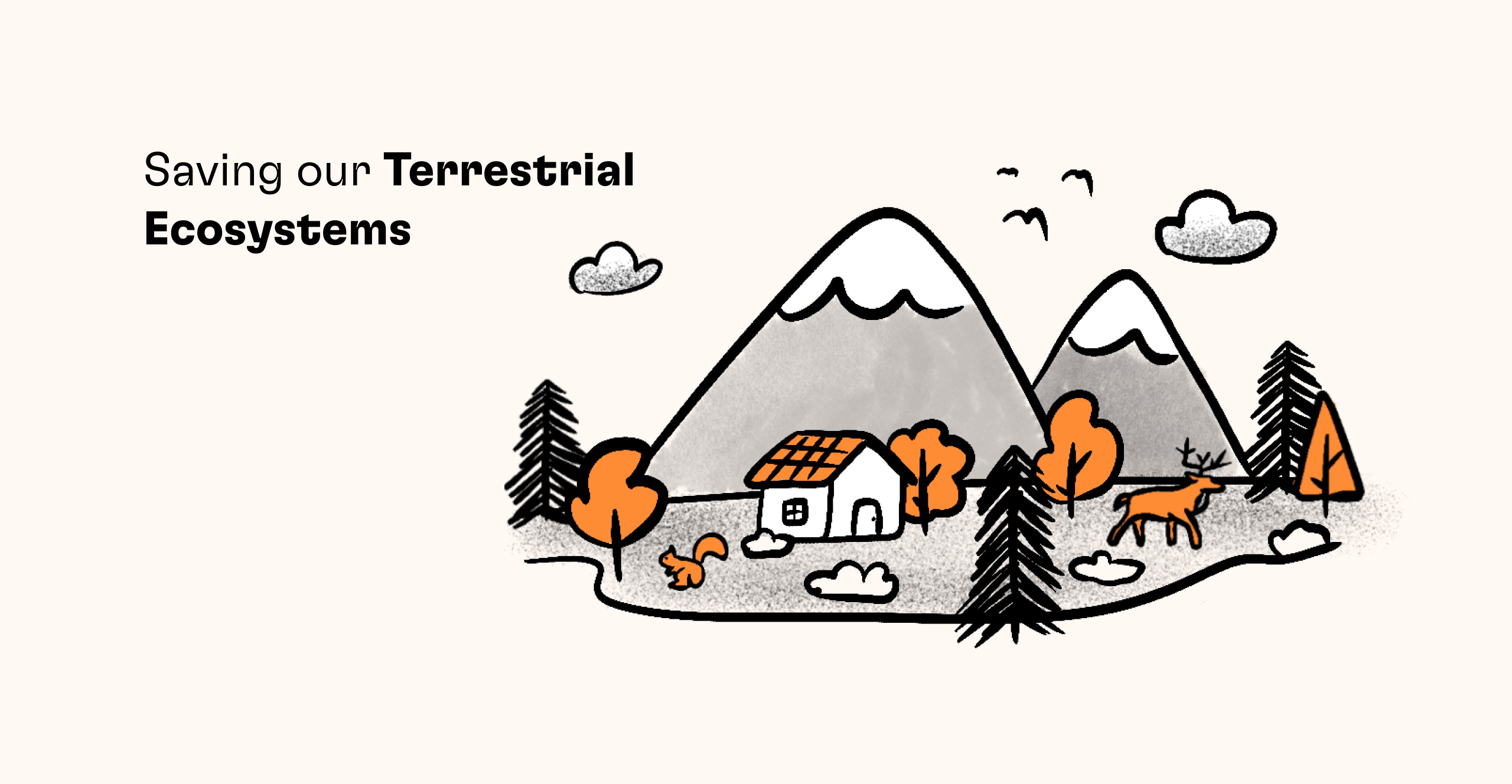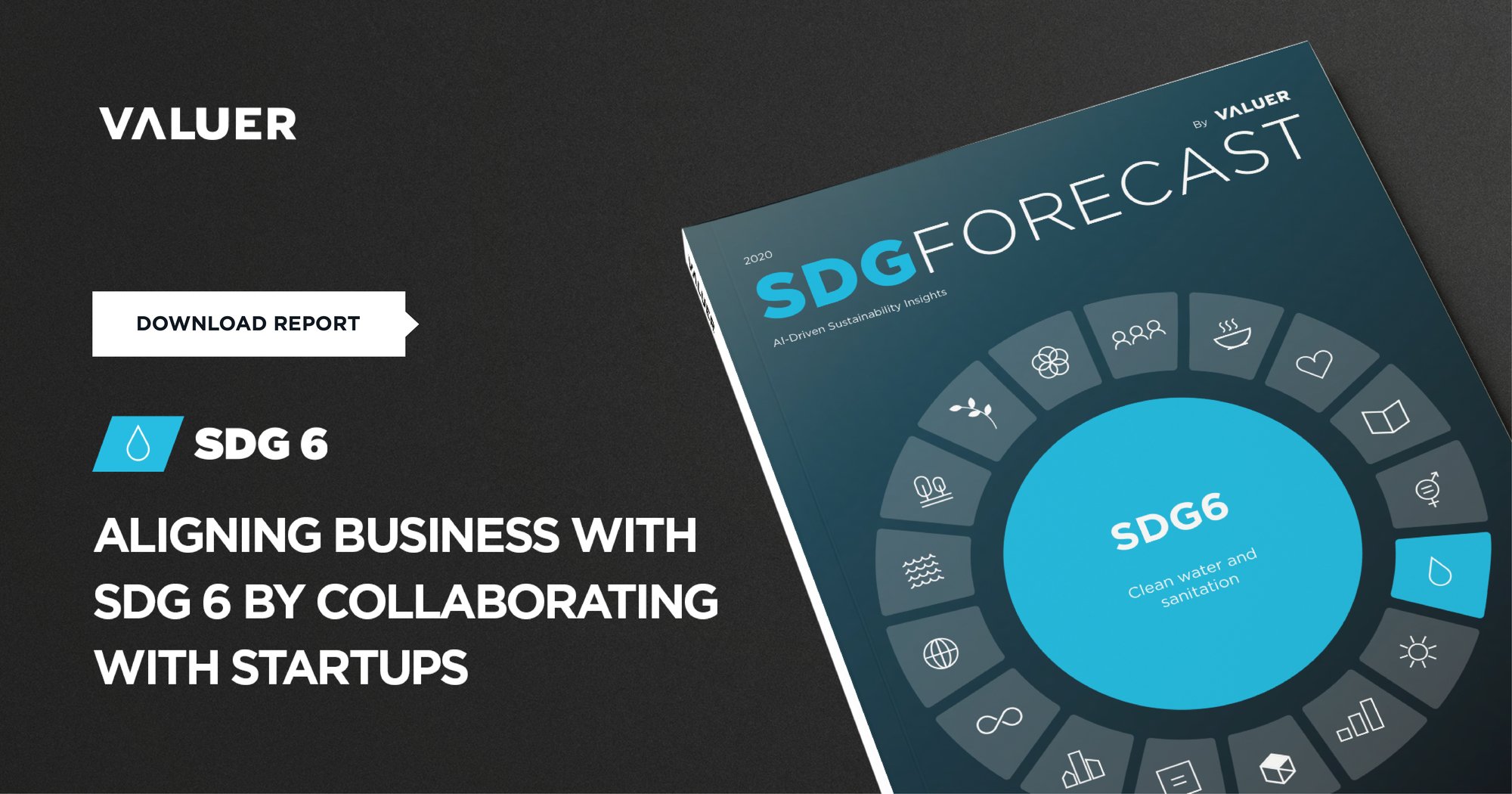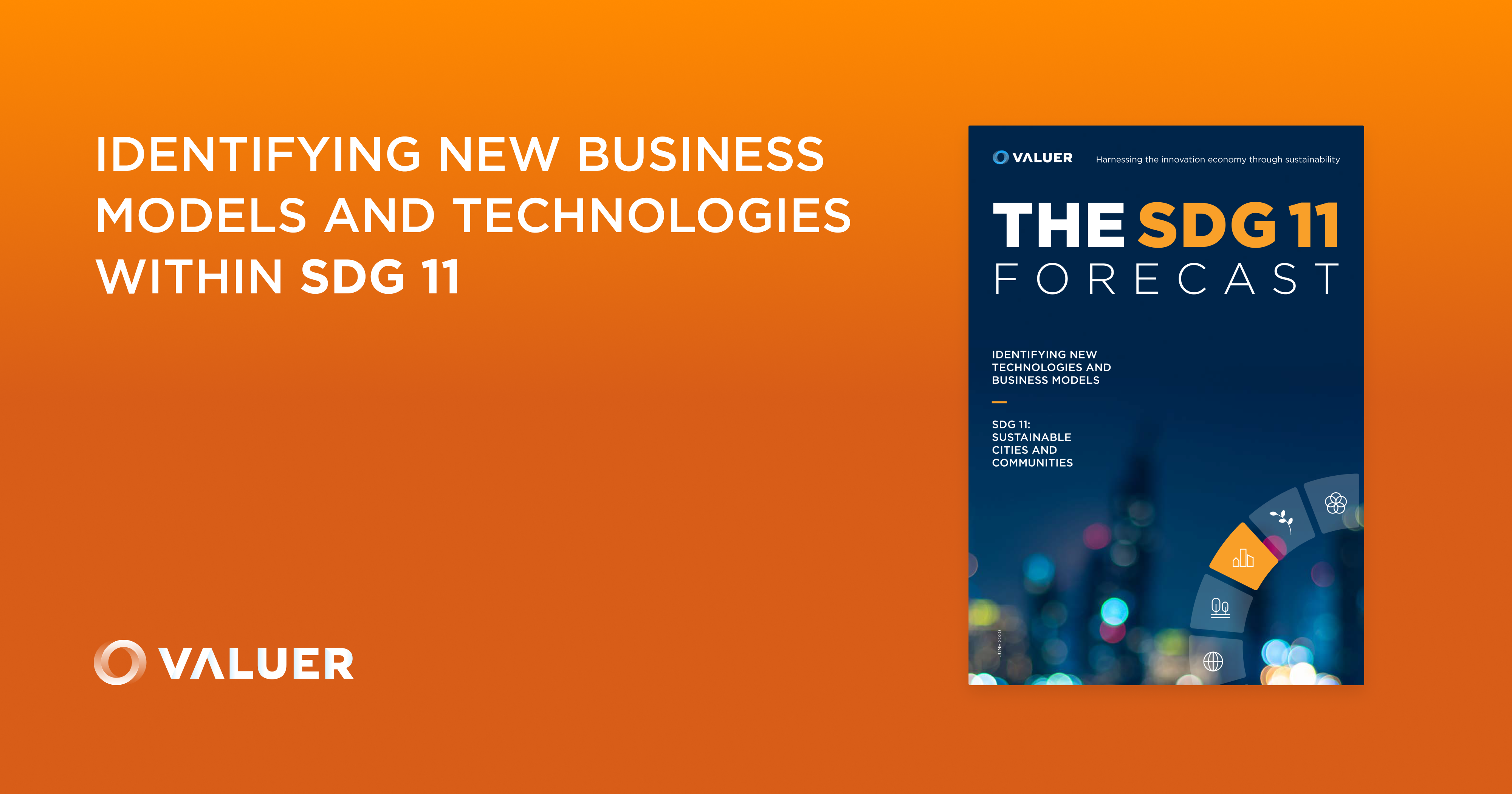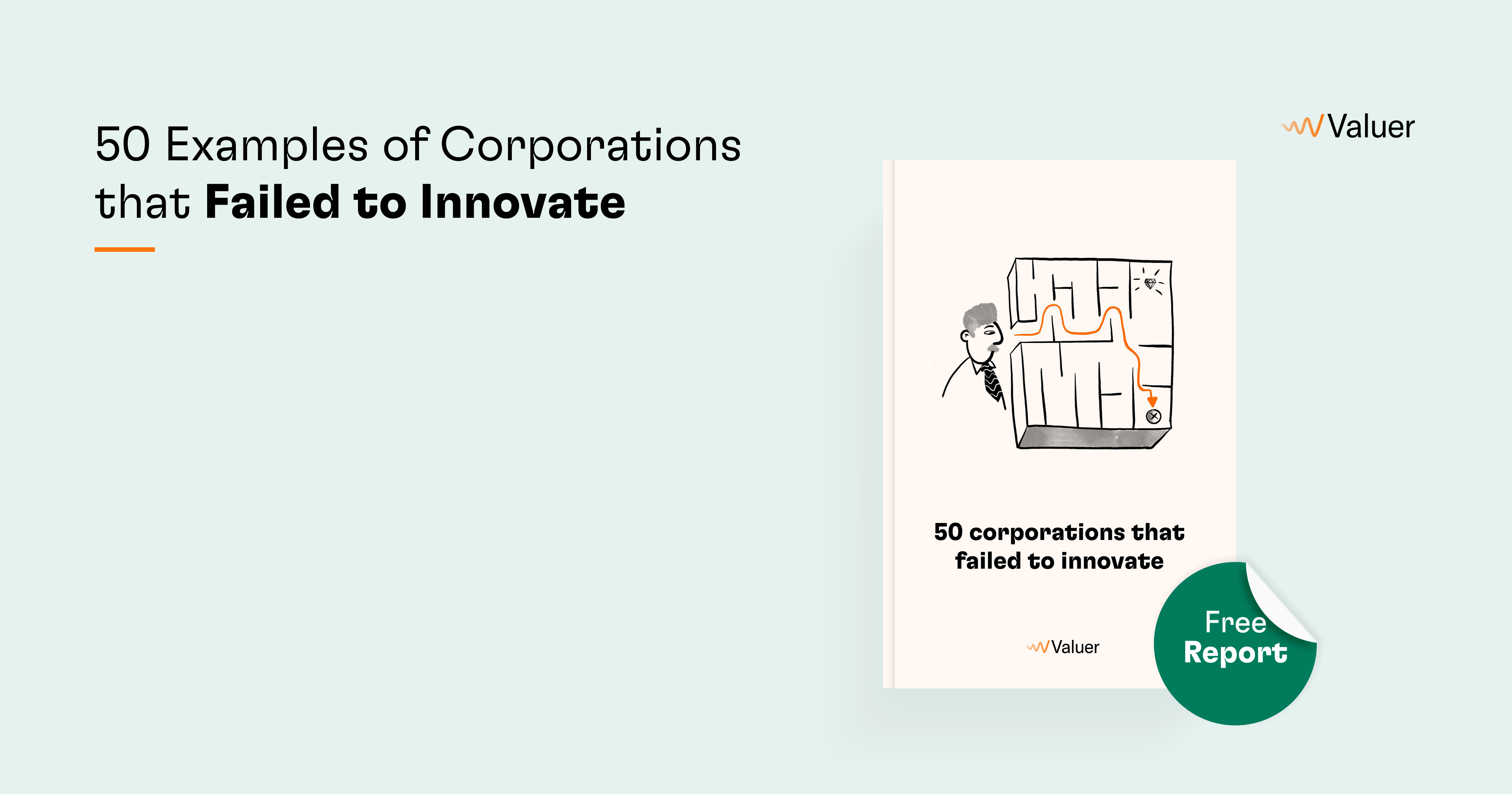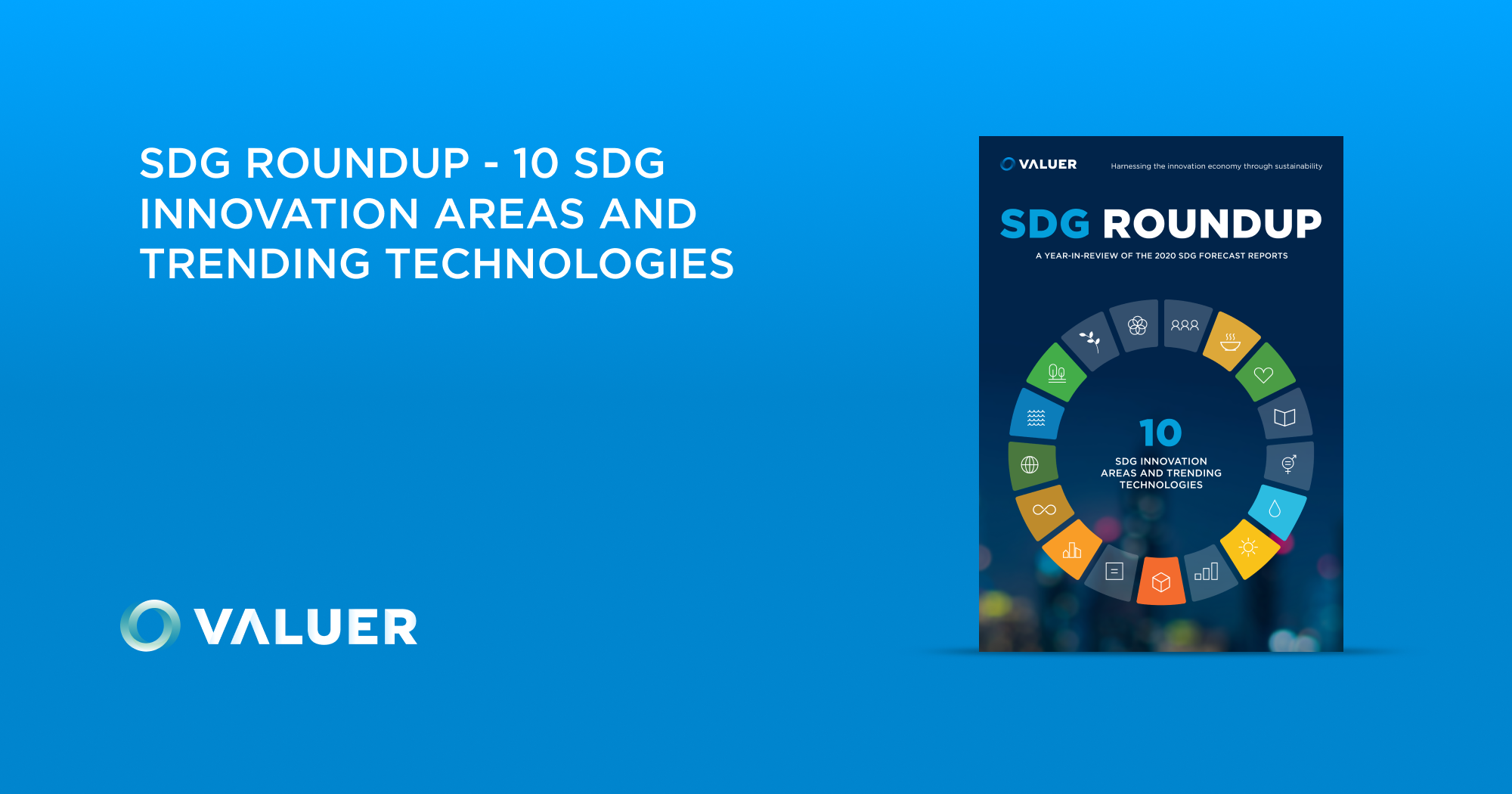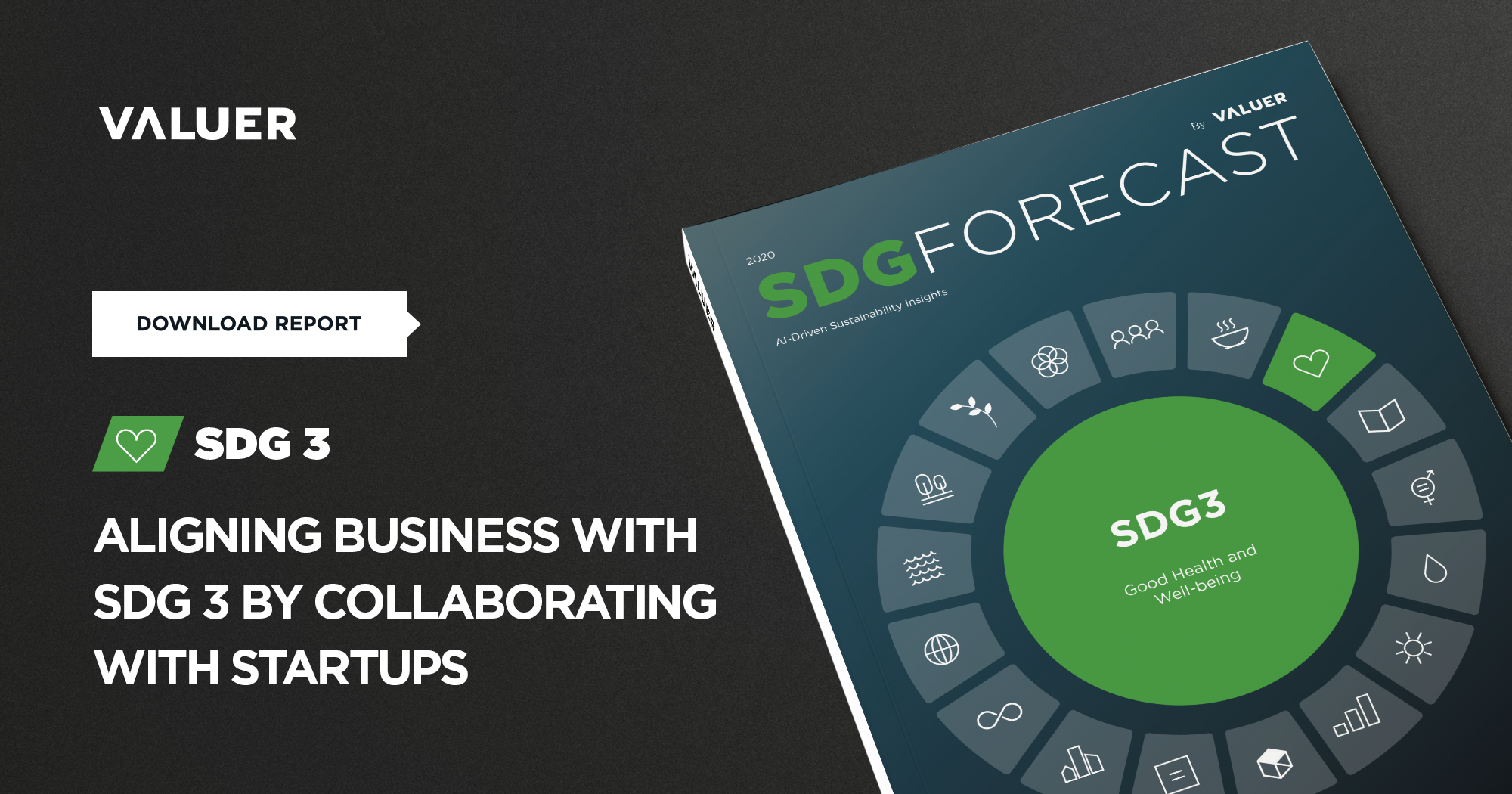*Updated October 2022
At the dawn of 2022, UN Secretary-General Antonio Guterres urged that the international community improve and unite its global governance. To “rescue” the 2030 SDGs agenda and move forward, Guterres argued that we need better governance when it comes to:
-
COVID-19: Guterres spoke out against “travel apartheid” and urged for the equal distribution of vaccines among countries.
-
The climate emergency: Guterres emphasized the need for more investments in renewables and a closer focus on goals from the Paris Agreement
-
The financial system, which he dubbed “morally bankrupt”: Guterres called for the redistribution of IMF’s Special Drawing Rights to benefit those that need it most, more fairness in the global tax system, etc.
It may come as no surprise that the SDGs related to these goals are the focus of discussions, events, and news in 2022. So without further ado, let’s take a closer look at SDG updates, events, and insights for this year.
SDG insights and hot topics in 2022
COVID emphasized many social and global inequalities, which in turn implied that we have a long way to go before achieving sustainable development goals. For instance, the first three goals - no poverty, zero hunger, and good health and well-being were also some of the first to take the hit.
Additionally, many experts have argued that our unhealthy and unsustainable relationship with natural ecosystems has, in fact, led to the increased number of zoonotic diseases, diseases that are transmitted between humans and animals, including the coronavirus. Problems such as habitat loss, illegal animal trade, invasive species, climate change, and pollution are all contributing factors to the disruption of human and animal life. Industry innovation isn't enough, we need to change the way we function.
In the words of Doreen Robinson, Chief of Wildlife at the United Nations Environment Programme (UNEP):
“Humans and nature are part of one connected system, and nature provides the food, medicine, water, clean air, and many other benefits that have allowed people to thrive… Yet like all systems, we need to understand how it works so that we don’t push things too far and face increasingly negative consequences.”
Furthermore, UNEP Executive Director Inger Andersen has stated:
“In COVID-19, the planet has delivered its strongest warning to date that humanity must change. Shutting down economies is a short-term response to this warning. It cannot endure. Economies that work with nature are critical to ensure that the world’s nations thrive.”
Therefore, SDG forums, conferences, and hot topics center on what problems COVID has aggravated or made more obvious so that we can find solutions on how to repair them and change course.
The world’s oceans
One of the biggest SDG conferences this year will focus on oceanic life. Life below water is the fourteenth SDG, and it’s also one that’s suffered gravely from human practices. Pollution, waste, toxins, climate change, and IUU fishing, to name a few, have all put a strain on the life and health of underwater ecosystems.
Some of the main problem areas that need to be addressed to protect oceans in 2022 according to the UN Ocean Action Newsletter include actions to protect coral reefs and seabeds, implementing international law as per UN’s convention on the Law of the Sea, combating illegal, unreported, and unregulated (IUU) fishing, etc.
The newsletter also outlines past and ongoing initiatives to improve oceanic life and the sourcing of aquatic food in a sustainable manner, such as through sustainable aquaculture practices like aquaponics. The 2022 UN Ocean conference will seek to mobilize global action to these ends.
Biodiversity
Life on land is the 15th SDG and is the goal of the month for April, 2022. This SDG is concerned with biodiversity. There are estimates that human activity has altered the face of 75% of the earth’s surface and that this has contributed to a 75% increase in the spread of zoonotic diseases. Wildlife needs to be kept in the wild to prevent not only zoonotic diseases but also the disruption of ecosystems.

Furthermore, human activity has had a highly negative effect on biodiversity. Human-generated greenhouse gasses and other activities like deforestation, use of toxic chemicals, and so on have contributed to the loss of multiple animal and plant species, while another 1 million are threatened to go extinct, according to 2019 figures. More recently, the Glasgow Climate Pact from 2021 emphasized the financial gaps in biodiversity and climate change.
Some important actions in this SDG field include land restoration, combating desertification, natural conservation, putting an end to the loss of biodiversity, the fight against poaching, etc. Regenerative agriculture is one of the key land use “ideologies” and practices that we need to adapt in order to work with nature rather than against it.
Nature-based solutions
In close relation to the previous section on biodiversity, nature-based solutions (NbS) are considered key to carbon sequestration and the restoration of natural infrastructure to prevent disasters. An example would be restoring mangroves to protect from flooding. However, this sector is in need of investments if we want to reach the agreed global targets by 2050. As it currently stands, there’s an annual investment gap of $165 billion from G20 countries, according to the UN Environment Programme (UNEP).
SDG and technology
Since 2015 and the establishment of the sustainable development goals, technology and innovation in related fields have been considered key factors for achieving sustainability. In relation to the 17th SDG, to implement an agenda and establish manageable international landmarks, we need suitable technology for both environmental and humanitarian causes.
So, what technologies are a part of the SDG movement in 2022, and where should investors funnel their investments?
Sustainable agriculture
Traditional agriculture is mismanaged and results in the waste and pollution of water and desertification of land. So, we need food production and agriculture practices that change the infrastructure of the global food chain. In agriculture, the use of IoT to optimize irrigation and monitoring can greatly improve both manpower and water management.
All in all, sustainable technologies are crucial to achieving SDGs. They can help farmers monitor, track, analyze, optimize, and automate processes in order to improve crop yields.

Additionally, wastewater management technologies and water use optimization startups like WaterPulse will be increasingly important. Indoors food production systems like hydroponics, aquaponics, or vertical farms will also be on the rise.
Decarbonization
To battle climate change, we need to decarbonize industries and the power sector. Technologies that will gain investments mainly center around renewable energy, though aviation and construction are two highly polluting industries that are likely to go through an international process of change.
For instance, solar power and its applications are considered crucial in achieving SDGs in fragile and conflict-affected countries. An example would be the adoption of solar-powered irrigation systems by Yemeni farmers to ensure food production even in trying times.
Educational technology (edtech)
COVID left the world confused when it came to at-home education. So, companies scrambled to provide and have come a long way since. Today, even if we seem to be out of the woods pandemic-wise, the growth and continual development in edtech remain key ingredients to the achievement of the fourth SGD - quality education.
Virtual healthcare/telemedicine
Another underdeveloped sector during the pandemic proved to be healthcare. Innovations in virtual healthcare and telemedicine prove to be of the utmost importance beyond this crisis as well. Such technologies, like Jutro Medical or Wise Healthcare, can help unburden the healthcare system, decrease the carbon footprint of urban areas, and unburden the pocketbooks of individuals without health insurance.
Fintech
We discovered that fintech flourished during COVID in many ways. This is mostly because the field became more user-centric, and many previously ignored categories - like unbanked individuals - gained access to financial services and better loan conditions. This is likely to be a burgeoning tech field in the achievement of the very first sustainable development goal: no poverty.
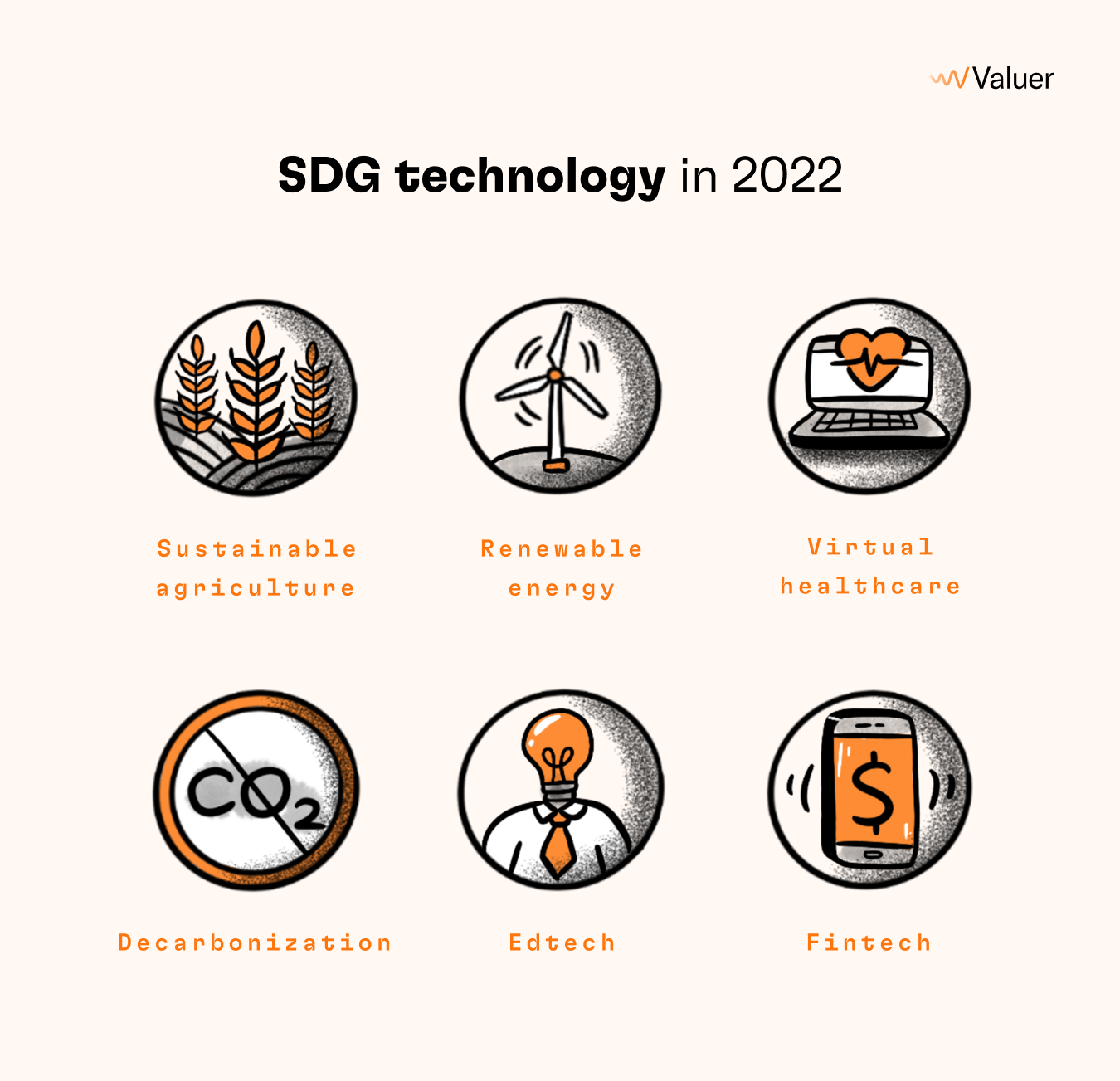
Finally, let’s check out some of the big SDG events in 2022.
SDG related events in 2022
Some of the most notable. large-scale events in SDG for 2022 include:
ECOSOC Partnership Forum 2022, 2 February 2022, UN DESA, New York City
The ECOSOC (Economic and Social Council of the UN) Partnership Forum was centered on “Building back better from the coronavirus disease (COVID-19) while advancing the full implementation of the 2030 Agenda for Sustainable Development.” In other words, topics included solutions and policies that align with the 2030 SDG agenda that could help overcome the pandemic. The forum included local and federal government officials, NGOs, civil society, scientists, academics, youth, stakeholders, etc.
7th Multi-stakeholder Forum on Science, Technology, and Innovation for the Sustainable Development Goals, 5 - 6 May 2022, virtual event
This forum is sort of a specialized follow-up to the ECOSOC Partnership Forum 2022. This event will deal with the same topic but with a specific focus on technology, innovation, and science. In addition to overcoming COVID in line with SDG goals, the Forum on Science will also focus on SDG goals in education, gender equality, life on land, life below water, and global partnerships to promote and implement the goals.
UN Ocean Conference, June 27 - July 1, 2022, Lisbon, Portugal
Under the slogan “Save our Ocean, Protect our Future,” the 2022 Ocean Conference will be co-hosted by the Kenyan and Portuguese governments and will focus on SDG-aligned solutions for “global ocean action.” An additional focus will be on the preexisting, deep-seated problems of society that were made more obvious with the pandemic and how SDG goals can help us overcome them. Beyond brainstorming solutions, the Conference will “seek to propel much-needed science-based innovative solutions aimed at starting a new chapter of global ocean action.”
High-level Political Forum on Sustainable Development (HLPF) 2022, July 5 - 15, 2022, New York City, US
The HLPF (not Hufflepuff, it’s a common misunderstanding) is the principal sustainable development platform of the UN. As such, it tracks progress and follows up on large-scale conferences and initiatives related to SDGs. UN member states will attend the forum along with civil society organizations. Topics will be the same five SDG goals from the 7th Multi-stakeholder Forum on Science, Technology, and Innovation - that is, quality education, gender equality, life below water, life on land, and partnership for the goals.
77th Session of the UN General Assembly (UNGA 77), 13 - 27 September, New York City
The 77th Session of the UN General Assembly is yet to publish its program, but we still know its general goals: partnership for the SDG goals. This means collaboration between countries to implement sustainable development policies and changes. Thus, issues will include governance and international negotiations between multilateral environmental agreement (MEA) governing bodies and subsidiary bodies.
For a full list of events for this year, you can check out the SDG Knowledge Hub calendar or the UN website. Or you can head over to our Event Calendar and check out any upcoming or past events for this year.
Is 2022 the year of SDGs?
Academics seem to think so - the year 2022 is actually set to be the year of SDGs. At the very least, they’ll be one of the most discussed topics, not just at SDG-specific UN events but also at publishing conferences, local talks, and news outlets.
[Related Article - How to Use Valuer to Do a Sustainability Deep-Dive on Specific Tech]
However, in the words of Simon Linacre, director of international marketing & development at Cabells:
“Just because 2022 is set to be the ‘Year of the SDGs’ for the scholarly communications industry, that doesn’t mean it has a clear path forward. There is a range of competing interests and systems at play which could go in any one direction.”
Linacre goes on to qualify that the fact we’re talking about SDGs in itself is important. Yet, no one can deny that talk is nothing without action.
What we see is that governments need better focus and better collaboration to achieve the SDGs in the set timeframe, but we also see that investments in new technologies - like renewable energy, sustainable agriculture, NbS for biodiversity, etc. - are not where they need to be. However, 2022 can be a year where we see even more growth for investment into sustainable technologies and solutions.
One way to make this search easier and more reliable is through our platform. Our platform and services can help make searching for sustainable companies, technologies, industry innovations, and solutions far easier. Plus, you gain access to in-depth, insight-rich reports all in one place.
.png?width=103&height=103&name=Untitled_Artwork%20725%20(2).png)
